Category: Advocacy news
The past and future of the EU Blood, Tissues and Cells legislation
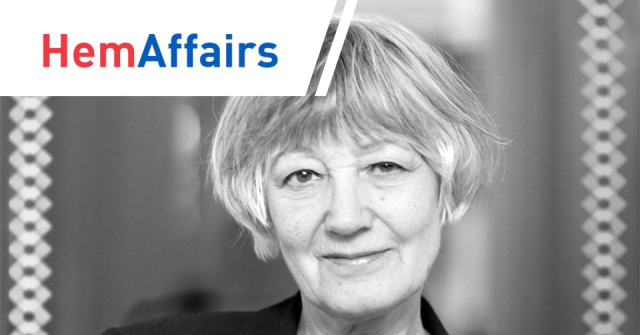
Blood, tissues and cells (BTC) are used in medicine and in hematology on a daily basis. EU legislation has been in place for over 15 years to regulate those practices, and to ensure safety and quality standards for substances of human origin (SoHO). For instance, through technical and traceability requirements for BTC, the reporting of serious adverse reactions (SARs), and verification procedures for imported BTC.
EHA’s Prof Jäger elected HCPWP co-chair
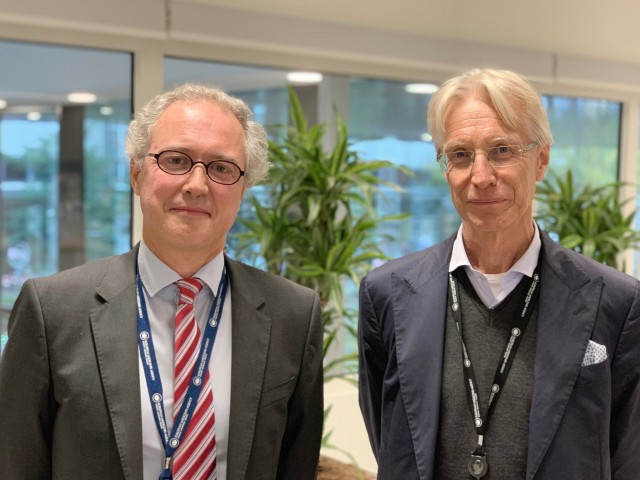
On September 24, Prof Ulrich Jäger, former EHA President and current member of the EHA European Affairs Committee, was elected as co-chair of the Health Care Professionals Working Party (HCPWP) of the European Medicines Agency (EMA). He will lead the working party during its 2019-2022 mandate alongside Juan Garcia-Burgos, EMA’s head of Public Engagement.
Without access to treatment, can we truly innovate in rare diseases?

There have been many developments on rare diseases since the EU Orphan Medicinal Products Regulation came into force in 2000. As the European Commission is evaluating its effectiveness, EHA discussed with Prof. Giampaolo Merlini, Director of the Amyloidosis Research and Treatment Center and researcher at the Department of Molecular Medicine of the University of Pavia, how far we have come and what still needs to be done to improve access to treatment for rare diseases.
COST Action ‘EuNet-INNOCHRON’

The European Cooperation in Science and Technology (COST) is an EU-funded, intergovernmental framework that aims to create pan-European research networks in all science fields and promote excellence, foster interdisciplinary research and empower young researchers and innovators.
Open Access: the ‘Plan S’

Research and academic groundwork funded with public means should be free and open to everyone. That is the principle behind Open Access that was formulated in 2003 in the Berlin Declaration. More than a decade has passed since and for years no significant action was taken. Scientific research, paid for by the taxpayer, is still mostly locked behind paywalls.
Addressing the bureaucracy challenge

EHA has recently brought key stakeholders around the table to discuss bureaucratic obstacles in clinical research. Regulators, patient organizations, the European Commission and industry representatives were invited for a day-long discussion at EHA offices, building on an informal dialogue with the European Medicines Agency (EMA) that had been initiated by a group of prominent clinical researchers.
FUNDING ALERT: Calls published on ATMPs, T cells and cancer research

In recent weeks, two Calls for proposals were published that offer relevant funding opportunities for hematologists: IMI2 – 18th Call for proposals, a jointly funded partnership between the European Union, and Horizon 2020 – Call for cancer research proposals, call for research proposals in the category ‘Societal Challenge 1 (SC1): Health, demographic change and wellbeing’. .
Current status of the Clinical Trials Regulation

In 2014 the European Parliament approved the Clinical Trials Regulation (CTR) that is supposed to replace the Clinical Trials Directive (CTD) from 2001. Five years later, the regulation has not yet become applicable. What is the aim of the ‘new’ regulation, what issues does it address, and why was its application delayed?
EU Elections and Health Policy
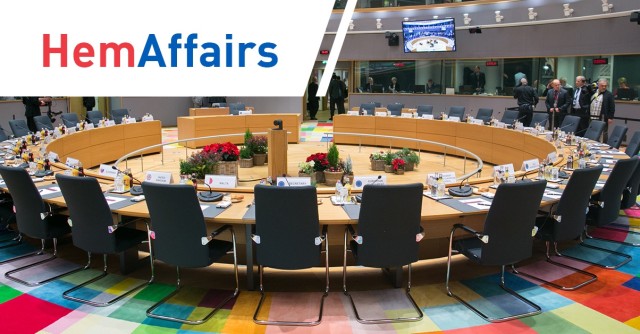
2019 will see significant changes within the European institutions. The first already took place in late May, as 50% of EU citizens – the highest turnout since 1994 – went to the ballot box to elect their Members of the European Parliament (MEPs). The result: Confirmation that nationalism and Euroscepticism are on the rise, and a set-back of center political parties.
Rolling out CAR T across Europe
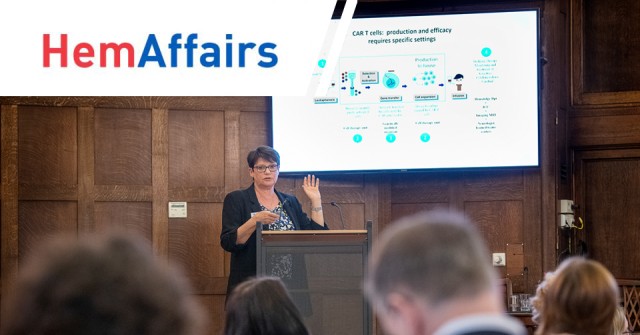
Patient-centric treatments such as gene and cell therapies have been a game-changer in tackling hematological disorders. Nonetheless, their development remains slow and erratic, limiting benefit for patients.
Tackling Sickle Cell Disease: the need for a European approach
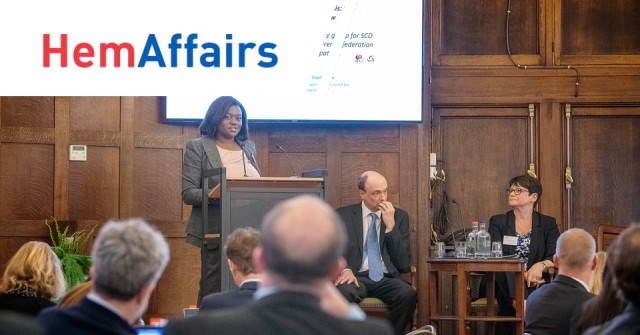
Learning how to recognize and treat a disease that is relatively new to many parts of Europe, and spreading, is crucial to limit, if not avoid, irreversible impact and provide proper care to patients.
HARMONY: Big data for better and faster treatment
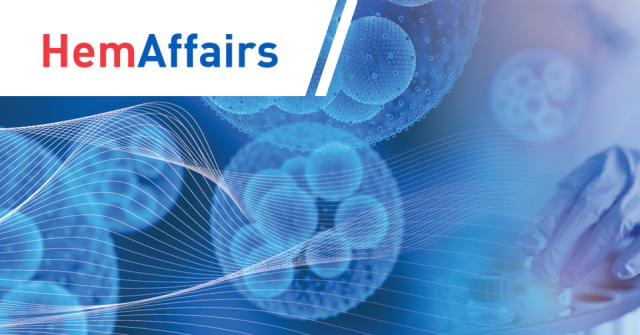
Gathering clinical, genetic and molecular information into a single database: this is the challenge taken on by the HARMONY Alliance. By bringing together data currently scattered across different clinical trial databases and registries, the HARMONY Alliance is harnessing the enormous potential of Big Data and Big Data analytics to deliver insights that will help improve the care of blood cancer patients.
New data exchange platform on rare diseases
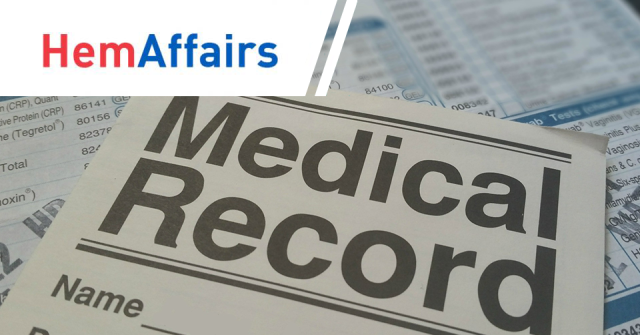
The European Commission (EC) launched a new online knowledge-sharing platform – the European Platform on Rare Disease Registration (EU RD Platform) – on February 28, 2019.
Mission ‘Gene Therapy’ for Horizon Europe
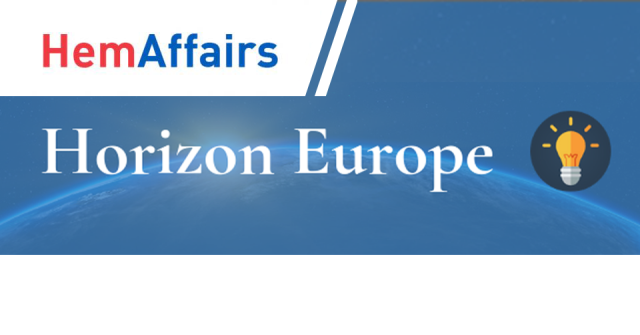
Advanced therapies, such as gene therapy, hold promise for treating a wide range of chronic diseases and improving patients’ quality of life. As promising as these treatments are, they remain out of reach for many.
Uptake of CAR T cell therapy in Europe
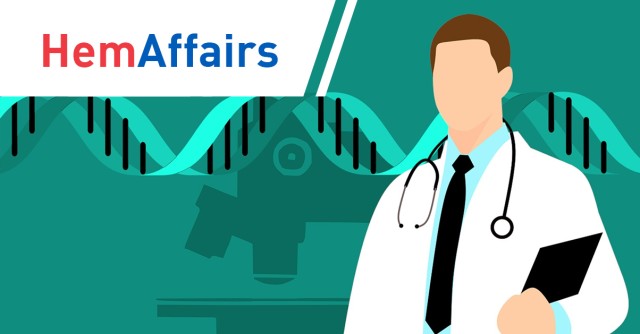
Gene (editing) therapy continues to break ground in hematology, showing promising results in tackling severe blood cancers.


